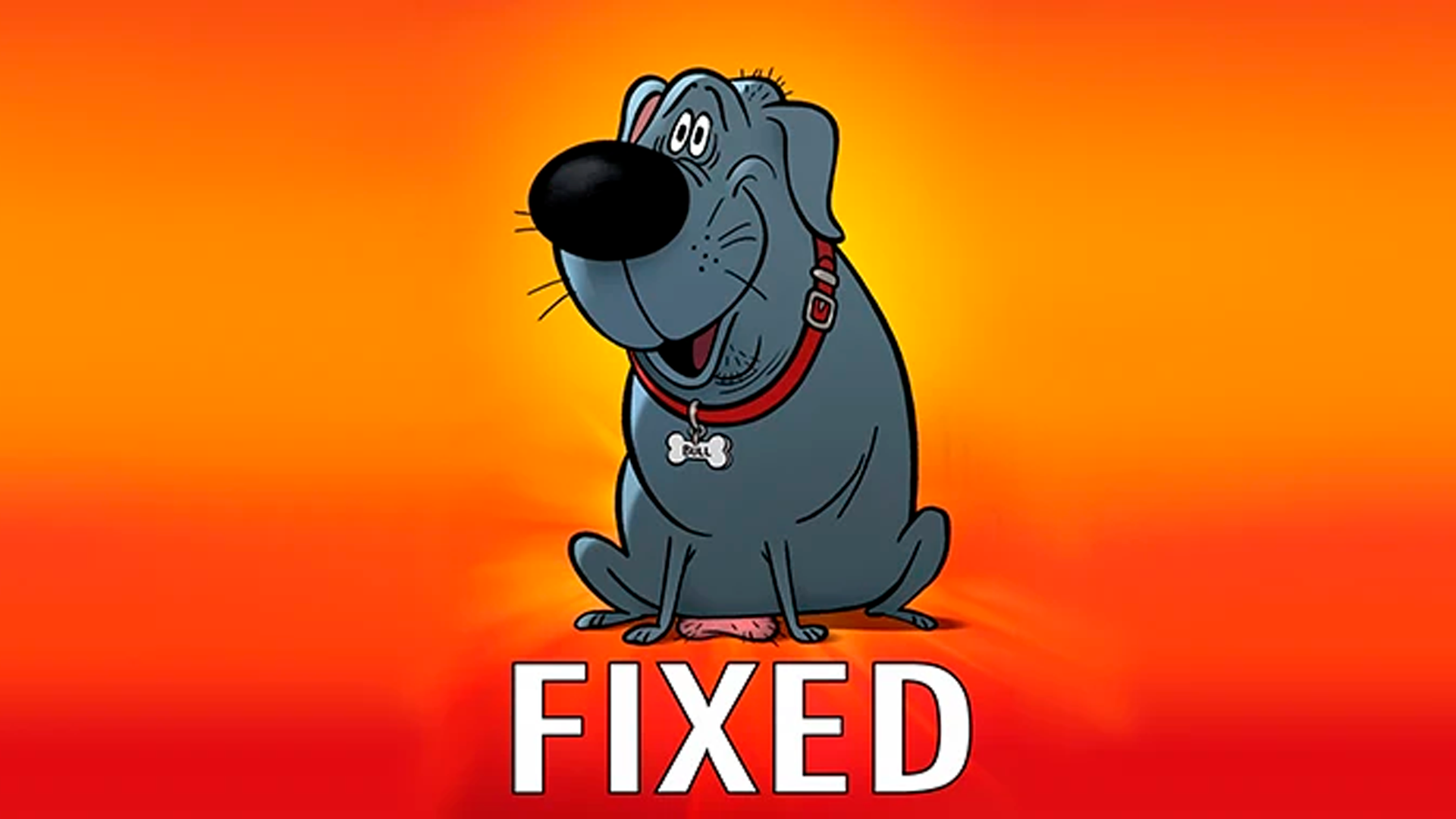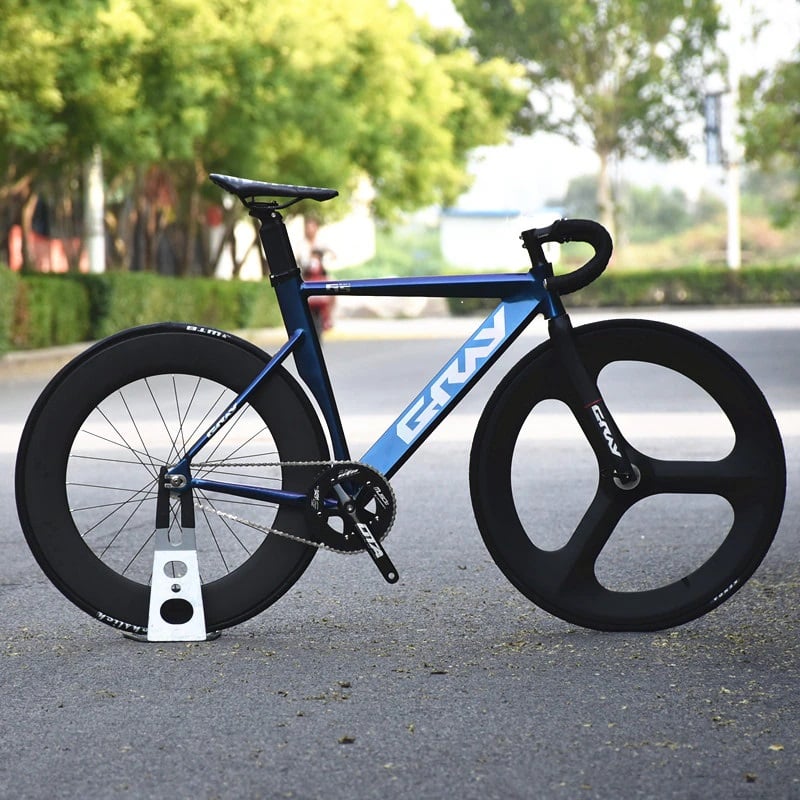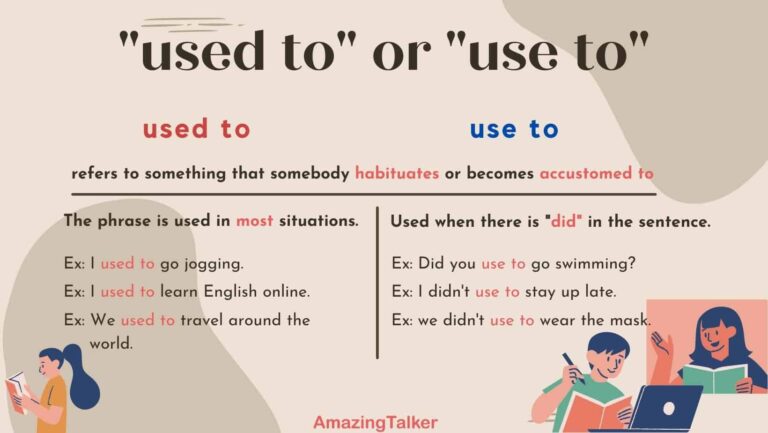Fixed Up Trucks For Sale: Your Comprehensive Guide to Smart Truck Ownership

Fixed Up Trucks For Sale: Your Comprehensive Guide to Smart Truck Ownership
The allure of a robust truck is undeniable, whether for hauling heavy loads, navigating challenging terrains, or simply making a statement on the road. However, the price tag of a brand-new pickup can be a significant barrier for many. This is where the world of "fixed up trucks for sale" emerges as a compelling alternative, offering a unique blend of value, character, and proven capability. Far from being merely "used," these vehicles have undergone professional repair, refurbishment, or even full restoration, transforming them into reliable, often enhanced, machines ready for their next adventure.
Fixed up trucks represent a smart investment for buyers seeking affordability without compromising on performance or aesthetics. They bridge the gap between high-cost new vehicles and potentially unreliable "as-is" used ones, providing a sweet spot where mechanical integrity and often improved features come at a fraction of the new vehicle price. This article will serve as your ultimate guide, exploring everything you need to know about finding, evaluating, and purchasing these hidden gems of the automotive market.
What Exactly Are "Fixed Up Trucks"? Defining the Refurbished Realm
The term "fixed up" can encompass a broad spectrum of work, from minor repairs to extensive overhauls. Understanding these categories is crucial for any potential buyer:
- Mechanically Refurbished: These trucks have had significant powertrain (engine, transmission), suspension, braking, or steering system repairs. The focus here is on operational reliability and safety, often addressing common failure points of a particular model or mileage bracket. This might include engine rebuilds, transmission replacements, new brakes, or suspension overhauls.
- Cosmetically Restored: For some trucks, the "fix" is primarily visual. This can involve professional paint jobs, rust repair, interior upholstery replacement, dashboard restoration, or body panel replacement. While the mechanicals might be sound, the emphasis is on bringing back the vehicle’s aesthetic appeal, especially common with classic trucks.
- Fully Restored/Resto-Mod: This is the most comprehensive category, involving a complete tear-down and rebuild of the vehicle, addressing both mechanical and cosmetic aspects. Resto-mods take it a step further, integrating modern components (e.g., new engine, upgraded suspension, infotainment systems) into a classic body, offering vintage looks with contemporary performance and comfort.
- Specialized/Upgraded Builds: Often seen in the off-road or custom truck market, these vehicles have been "fixed up" not just to repair, but to enhance performance for specific uses. This could mean lift kits, heavy-duty axles, custom fabrication, winch installations, or specialized tire and wheel packages.
The key differentiator is that a "fixed up" truck has had specific, often significant, work done to address known issues, improve its condition, or enhance its capabilities, going beyond routine maintenance.
The Undeniable Benefits of Choosing a Fixed Up Truck
Opting for a fixed up truck offers a compelling array of advantages that make it a highly attractive proposition for many buyers:
- Significant Cost Savings: This is perhaps the most obvious benefit. A professionally refurbished truck will almost always cost less than its brand-new equivalent, often by tens of thousands of dollars. This allows buyers to get more truck for their money or stay within a tighter budget.
- Reduced Depreciation: New vehicles lose a substantial portion of their value the moment they drive off the lot. Fixed up trucks have already undergone this initial steep depreciation curve, meaning your investment holds its value more effectively over time.
- Known History and Transparent Repairs: Reputable sellers of fixed up trucks often provide detailed documentation of the work performed. This transparency allows you to understand exactly what has been addressed, giving you peace of mind that critical components have been renewed or upgraded.
- Unique Character and Customization: Especially true for classic or specialized builds, fixed up trucks often possess a unique character that modern, mass-produced vehicles lack. They can be one-of-a-kind, reflecting the craftsmanship and vision of their restorers.
- Eco-Friendly Choice: By extending the life of an existing vehicle, you contribute to sustainability by reducing demand for new manufacturing and keeping perfectly usable vehicles out of landfills.
- Immediate Usability and Proven Reliability: Unlike an "as-is" used truck where you might inherit unknown problems, a properly fixed up truck is intended to be immediately reliable and ready for work or play, having already had its issues diagnosed and rectified.
Navigating the Market: How to Find and Buy Your Ideal Fixed Up Truck
Finding the right fixed up truck requires patience, research, and a clear understanding of what you need.
- Define Your Needs and Budget: Before you start looking, determine the primary purpose of the truck (work, daily driver, off-roading, show truck), your preferred make/model, and your absolute maximum budget, including potential future maintenance.
- Where to Look:
- Specialized Dealerships/Restoration Shops: Many businesses focus exclusively on restoring and selling classic or specialty trucks. These are often excellent sources for high-quality, documented builds, though prices may be higher.
- Private Sellers: Online marketplaces (Facebook Marketplace, Craigslist, dedicated truck forums) are rife with private listings. While potentially offering better deals, these require more due diligence on your part.
- Online Auction Sites: Platforms like eBay Motors, Bring a Trailer, or Hemmings often feature unique or high-end fixed up trucks.
- Local Mechanics/Body Shops: Sometimes, these shops fix up vehicles themselves for resale, or they can connect you with clients selling their newly refurbished trucks.
- What to Look For (Inspection Checklist):
- Documentation is Key: Demand records of all repairs, parts used, and services performed. This includes receipts, service logs, and before-and-after photos if available.
- Frame and Body Integrity: Check for rust, especially on the frame, cab mounts, bed supports, and wheel wells. Look for signs of shoddy bodywork, mismatched paint, or poor panel alignment.
- Engine and Transmission Health: Listen for unusual noises, check fluid levels and clarity, and look for leaks. A pre-purchase inspection by an independent mechanic is non-negotiable.
- Suspension and Steering: Check for worn bushings, shocks, or steering components. Test drive for vibrations, pulling, or excessive play.
- Electrical Systems: Test all lights, wipers, power windows, radio, and HVAC.
- Tires and Brakes: Ensure tires have adequate tread and are evenly worn. Check brake pad thickness and rotor condition.
- VIN Check: Run a comprehensive VIN check (CarFax, AutoCheck) to look for accident history, flood damage, salvage titles, or odometer discrepancies. This is vital even if the truck is "fixed up."
- The Test Drive: Don’t just drive around the block. Take it on highways, over bumps, and try parking maneuvers. Listen, feel, and pay attention to how the truck performs under various conditions.
Important Considerations Before You Buy
Purchasing a fixed up truck is different from buying new or a standard used vehicle. Keep these points in mind:
- Understanding the "Fix": Be clear about the extent and quality of the work done. A full frame-off restoration is different from a quick engine swap. Ask about the parts used (OEM, aftermarket, rebuilt).
- Long-Term Maintenance: Even a fixed up truck will require ongoing maintenance. Research the availability and cost of parts for that specific make and model, especially for older or rare vehicles.
- Warranty (or Lack Thereof): Most fixed up trucks, especially from private sellers, come with no warranty. If buying from a specialized dealer, inquire about any guarantees on the work performed. Budget for potential future repairs.
- Insurance and Registration: Verify that the truck can be easily insured and registered in your state. Modified vehicles, particularly classic or heavily customized ones, might require specialized insurance.
- Purpose vs. Presentation: Is the truck "fixed up" to be a reliable workhorse, or a showpiece? Ensure its capabilities align with your intended use. Don’t buy a show truck for heavy towing without verifying its mechanical upgrades.
Types of Fixed Up Trucks and Their Niches
The world of fixed up trucks is incredibly diverse, catering to various tastes and needs:
- Classic Pickups (e.g., Ford F-100, Chevy C10, Dodge Power Wagon): Often fully restored or "resto-modded," these trucks offer timeless styling combined with modern reliability and comfort. They appeal to enthusiasts and those seeking a unique daily driver.
- Modern Work Trucks (e.g., Ford F-Series, Ram, Silverado/Sierra): These are typically recent models that have undergone significant mechanical refurbishment (engine rebuilds, transmission replacements) to extend their working life and offer commercial value at a lower price point.
- Off-Road Builds (e.g., Jeep Gladiators, older Toyota Land Cruisers, Ford Broncos): These trucks are fixed up with performance in mind, featuring upgraded suspensions, larger tires, reinforced axles, and other modifications for extreme terrain.
- Custom/Show Trucks: These vehicles are meticulously restored and customized, often with unique paint, interiors, and engine bay detailing. While stunning, their primary purpose might be aesthetics rather than heavy-duty work.
Actionable Tips for a Successful Purchase
- Be Patient: The right fixed up truck won’t appear overnight. Take your time, research thoroughly, and don’t settle for the first option you see.
- Ask Incisive Questions: Don’t be afraid to dig deep. Ask about the history of the truck, why it was fixed up, who did the work, what parts were used, and if any issues remain.
- Always Get a Pre-Purchase Inspection (PPI): Even if the seller seems trustworthy and the documentation is extensive, a third-party mechanic specializing in trucks can spot issues you might miss. This small investment can save you thousands.
- Negotiate Smartly: Use any findings from your inspection to negotiate the price. Be prepared to walk away if the price isn’t right or if the seller is unwilling to be transparent.
- Factor in Post-Purchase Costs: Budget for immediate registration, insurance, and any minor repairs or upgrades you might want to perform after purchase.
Potential Challenges and Their Solutions
While rewarding, buying a fixed up truck can present challenges:
- Hidden Problems: The biggest risk. A quick "fix" might hide deeper issues.
- Solution: Mandatory PPI, thorough documentation review, and a comprehensive test drive.
- Overpaying: Without market knowledge, you might pay too much.
- Solution: Research similar trucks for sale, understand the value of the "fixes" performed, and compare prices across different sellers.
- Lack of Warranty/Support: Unlike new trucks, there’s rarely a factory warranty.
- Solution: Build a contingency fund for unexpected repairs, and consider an extended third-party warranty if available and cost-effective.
- Parts Availability for Older Models: For classic fixed up trucks, finding specific parts can be difficult or expensive.
- Solution: Research parts availability before buying. Join owner forums; they are invaluable resources for sourcing parts and advice.
- Title/Registration Issues: Salvage or rebuilt titles can affect insurance and resale value.
- Solution: Always perform a VIN check. Understand what a "rebuilt" or "salvage" title means in your state and its implications.
Illustrative Price Table: Fixed Up Trucks for Sale (Estimated Ranges)
| Type of Truck (Example) | Extent of Fix/Condition | Key Features/Condition (Example) | Estimated Price Range (USD) |
|---|---|---|---|
| Work-Ready Modern Truck | Minor Mechanical Refurbishment | New engine/transmission, recent brakes, solid frame, average cosmetics | $15,000 – $35,000 |
| (e.g., 2010-2015 F-250) | |||
| Classic Pickup (Daily Driver) | Moderate Restoration (Rust Repair, Paint, Engine Tune-up) | Solid body, fresh paint, rebuilt carbureted engine, updated interior | $25,000 – $50,000 |
| (e.g., 1970s C10) | |||
| Off-Road Ready Build | Performance Upgrades & Mechanical Overhaul | Lift kit, heavy-duty axles, custom suspension, winch, recent engine service | $30,000 – $60,000+ |
| (e.g., Modified Jeep Gladiator) | |||
| Full Frame-Off Restoration | Comprehensive Restoration (Concours Quality) | Show-quality paint, perfectly rebuilt original engine, immaculate interior | $60,000 – $150,000+ |
| (e.g., 1950s F-100) | |||
| Budget-Friendly Utility | Essential Mechanical Repairs | Reliable drivetrain, functional body, cosmetic flaws, high mileage | $8,000 – $18,000 |
| (e.g., 2000s Silverado) |
Note: Prices are highly variable and depend on make, model, year, rarity, the quality of the "fix," and regional market demand. This table provides broad estimates for illustrative purposes only.
Frequently Asked Questions (FAQ) About Fixed Up Trucks
Q1: Is buying a fixed up truck cheaper than buying a new truck?
A1: Almost always, yes. Fixed up trucks offer significant savings, often providing a higher trim level or more features than a new truck within the same budget.
Q2: How can I verify the quality of the "fix" or restoration?
A2: The best way is to demand detailed service records and receipts, and most importantly, get a comprehensive pre-purchase inspection (PPI) from an independent, trusted mechanic who specializes in trucks.
Q3: Do fixed up trucks come with a warranty?
A3: Generally, no, especially if purchased from a private seller. Some specialized dealerships or restoration shops might offer a limited warranty on the work they performed, but it’s rare to get a full bumper-to-bumper warranty like with a new vehicle.
Q4: Are parts difficult to find for older fixed up trucks?
A4: For popular classic models (e.g., old Fords, Chevys), aftermarket support is often excellent. For rarer models, parts can be harder to source and more expensive. Research parts availability for your desired model before committing.
Q5: Can I finance a fixed up truck?
A5: Yes, but it might be more challenging than financing a new or standard used vehicle. Traditional banks may be hesitant for very old or highly customized trucks. Credit unions, classic car lenders, or personal loans might be better options.
Q6: What’s the difference between a "rebuilt title" and a "fixed up" truck?
A6: A "rebuilt title" means the truck was previously declared a total loss by an insurance company (e.g., due to an accident, flood, or fire) but has since been repaired and inspected to be roadworthy. A "fixed up" truck, while repaired, doesn’t necessarily carry a prior total loss designation. Always check the VIN history.
Conclusion
The market for fixed up trucks offers an exciting and financially intelligent path to truck ownership. These vehicles, whether meticulously restored classics, robustly refurbished workhorses, or custom-built adventurers, provide a unique blend of affordability, character, and reliability that often surpasses their "as-is" used counterparts. By understanding the different types of "fixes," diligently researching your options, and performing thorough inspections, you can confidently navigate this diverse market.
Embracing a fixed up truck is more than just a purchase; it’s an investment in a vehicle with a story, often with enhanced capabilities, and a testament to the enduring appeal of quality craftsmanship. With the right approach, you can drive away with a vehicle that not only meets your needs but also delivers exceptional value and countless miles of dependable service.

